Ruscism is a brand new russian totalitarianism
 Read in Google News!
Read in Google News! 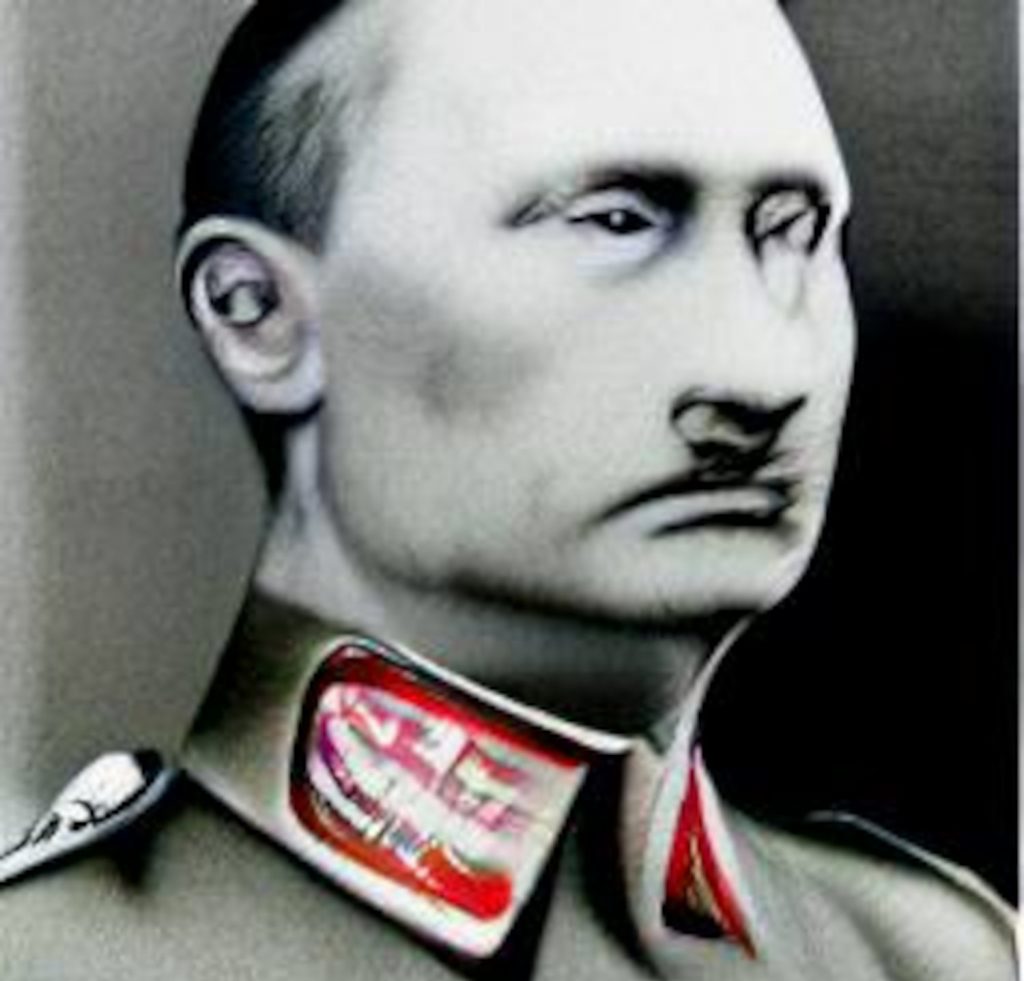
The Verkhovna Rada has adopted a resolution in which it defined the political regime in russia as ruscist. The term “ruscism” was previously actively used by politicians, scholars, and publicists. It has been in most active use since 2014. The resolution of the Ukrainian Parliament was the world’s first regulatory act featuring this term and defining it, ukrinform.net reported.
Origins of ruscism
Ukrainian legislators considered the pieces by Timothy Snyder, Anne Applebaum, Mark Lipovetsky, and other researchers. The resolution states that ruscism is a totalitarian ideology and practice, the formation of which was influenced by:
● Soviet totalitarian regime;
● German National Socialism (Nazism).
Features of ruscism
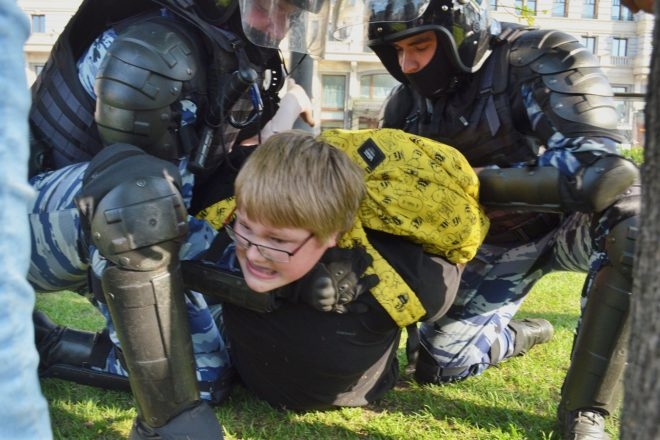
● Systemic violations of human rights and freedoms
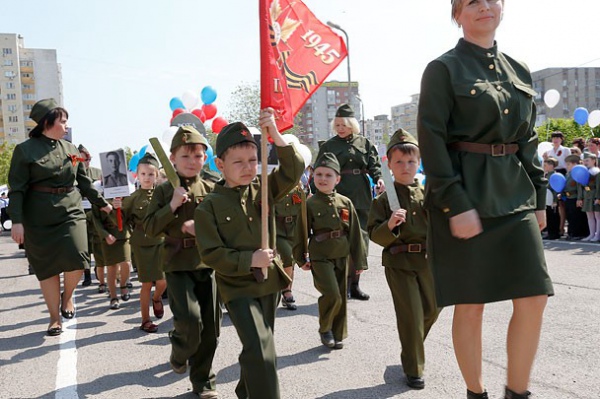
● cult of force and militarism
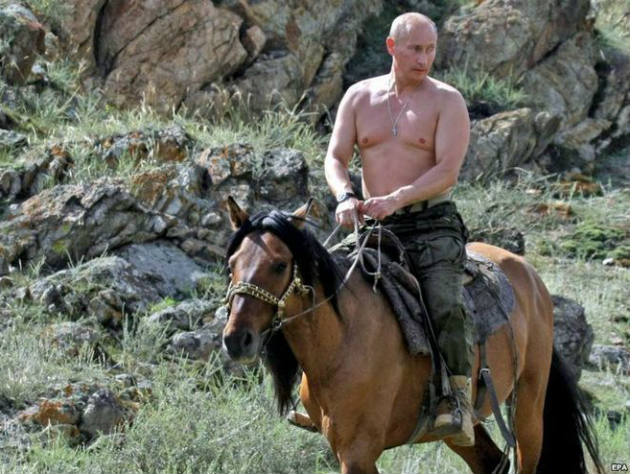
● cult of the leader of the state
● self-exaltation of russians and denial of the existence of other peoples (spreading the narrative of the “united” or “brotherly” people and russia as an “elder brother”)
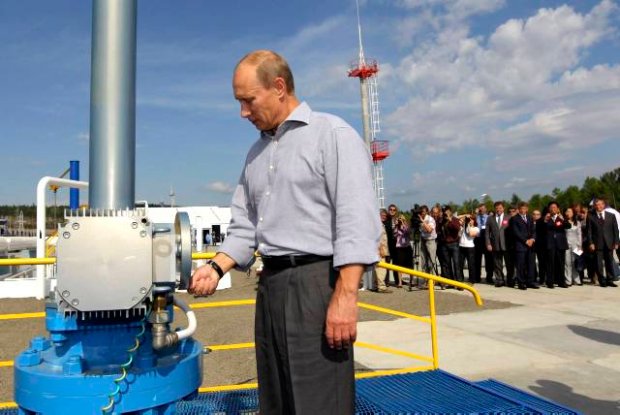
● economic and energy blackmail of other states
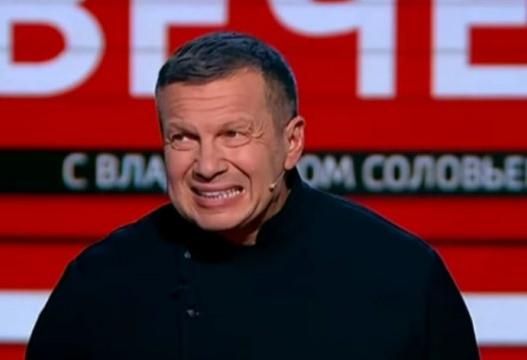
● threats to use nuclear weapons
● dissemination of the russian language and culture among other peoples, the use of the russian Orthodox Church and the media to spread the ideology of the “russian world”
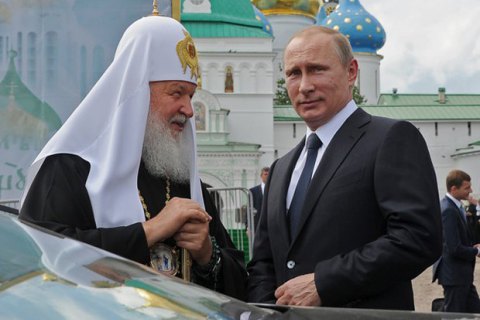
● systematic violation of the territorial integrity of other states, disregard for international law
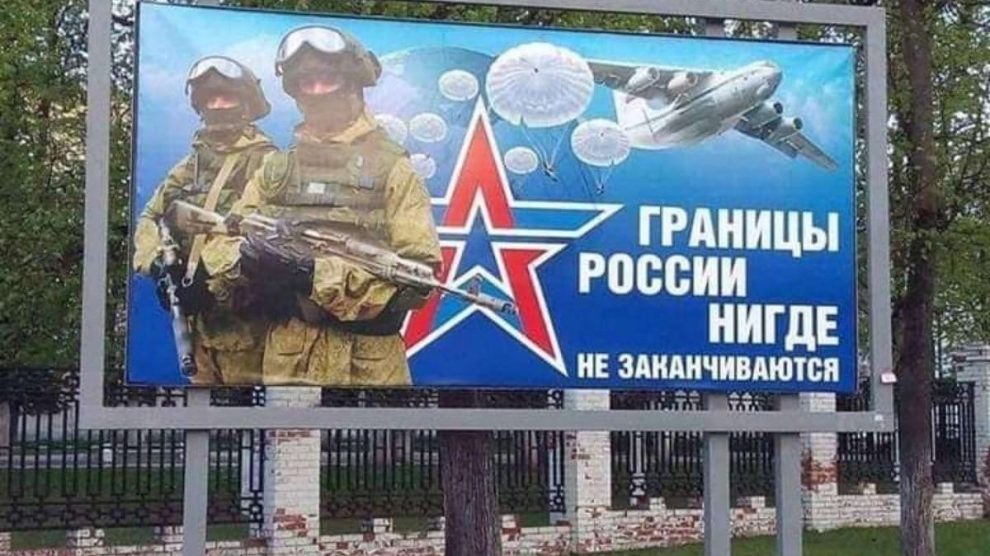
● creation of illegal armed groups on the territory of other states, financing of terrorism
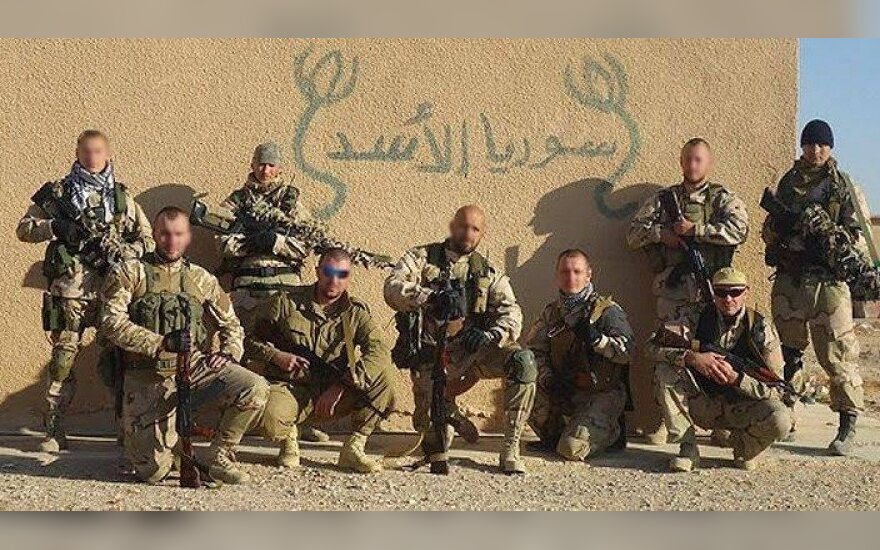
● systematic commission of war crimes and crimes against humanity
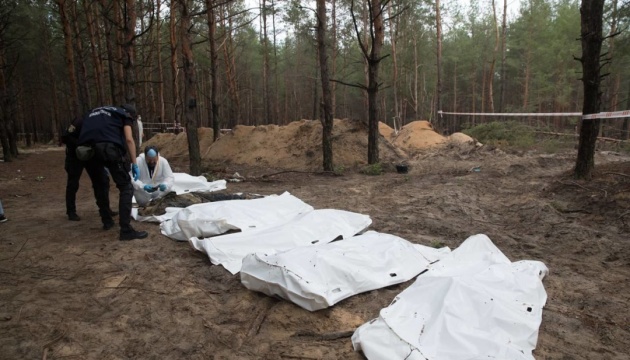
● application of methods of terror, genocide, organization of persecution on national, religious, and other grounds.
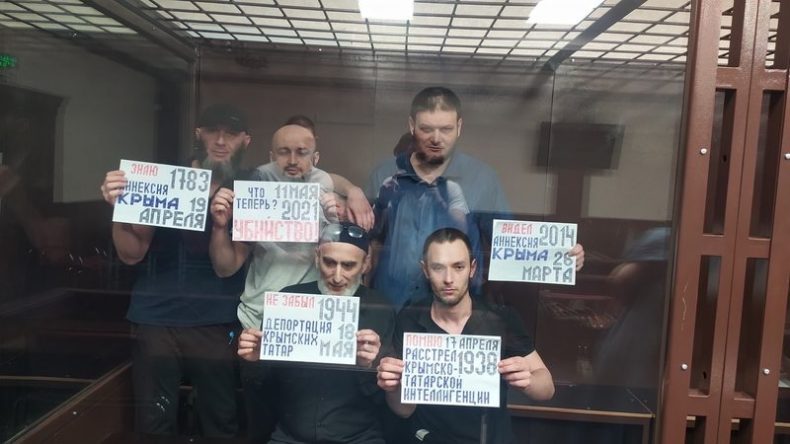
The Verkhovna Rada defined ruscism. What’s in it for Ukraine?
The term “ruscism” is introduced into the Ukrainian political and legal field. This is the first step towards enshrining the term and condemning the ideology of ruscism at the international level. The Verkhovna Rada appealed to the UN, the European Parliament, the parliamentary assemblies of the Council of Europe, NATO and OSCE, foreign parliaments and governments to condemn ruscism.
The decision of the Verkhovna Rada:
● creates conditions for the formation of a unified approach of international institutions to the ideology, the direct result of which was the aggressive war against Ukraine.
● simplifies the prosecution of russian war criminals, including propagandists and ideologists.
● helps determine those responsible for war and other crimes, placing the responsibility not only on putin and the russian army, but on all supporters of the criminal ideology.
● brings the world closer to the realization that the condemnation of the ideology of ruscism and the destruction of the regime based on it are a prerequisite for ensuring international security and peace.
Would Umberto Eco call the russian regime fascist?
The prominent Italian philosopher and writer Umberto Eco identified 14 features of this totalitarian ideology in his essay Ur-Fascism (1995).
Let’s try to understand what these features are and which of them can be seen in modern russia, whose ideology is consonant with fascism — ruscism.
1. The cult of tradition. It is definitely about russia. “Spiritual staples” and speculation on “traditional values” form the basis of state ideology and are part of the rhetoric of rulers and propagandists.
2. The rejection of modernism. russia maintains the Soviet tradition of contrasting itself with the “Rotting West” as the embodiment of progress in all sectors.
3. Irrationalism. Along with the rejection of everything Western, russians are trying to imitate it, building its simulacra like Skolkovo.
4. Disagreement is treason. Criticism of putin and the kremlin’s policies is perceived as “lack of respect for the Motherland.”
5. Fear of difference. Political competition is prohibited in russia. Despite the multinational composition and a formally federal state system in russia, a high level of xenophobia and racism persists. Homophobia is de facto a component of the state ideology.
6. Appeal to a frustrated middle class. kremlin propaganda was built to contrast the “hungry” 90s of Yeltsin with the “well-fed” 2000s of putin. And many russians willingly exchanged freedom for “stability.”
7. Obsession with a plot. Conspiracy theories are not only popular among ordinary russians. putin himself regularly fuels belief in them, explaining russia’s failures with a plot of the “collective West.”
8. The enemies are at the same time too strong and too weak, and easy to overwhelm. Fomenting contempt for Ukraine, the United States, and the “collective West” with their simultaneous demonization are favorite topics of russian propaganda.
9. The idea of permanent warfare. russia is portrayed as a besieged fortress that is constantly threatened by enemies. And because of this, it allegedly has to regularly attack her neighbors.
10. Elitism and contempt for the weak. The government despises the population that has no influence on it. In society, there are traditions of humiliation and violence against subordinates, those poorer or weaker.
11. Everybody is educated to become a hero. A significant part of russian society is ready to go or send their own children to the war with Ukraine to die there.
12. Machismo. russian political culture is clearly sexist, and the main sex symbol of russia is putin, with his topless photos and vulgar jokes.
13. Populism. putin regularly appeals to the “will of the people,” and propaganda shows a picture of mass support for the dictator and his follies.
14. The use of Newspeak. With putin coming to power in russia, explosions were replaced with “booms,” the retreat of the military — with “gestures of goodwill.” And yes: russia does not fight against Ukraine, but only conducts a “special operation.”
Umberto Eco believed that for different variations of fascism, all 14 signs are unnecessary, several would suffice. But ruscism managed to collect them all.
Center for Strategic Communication

